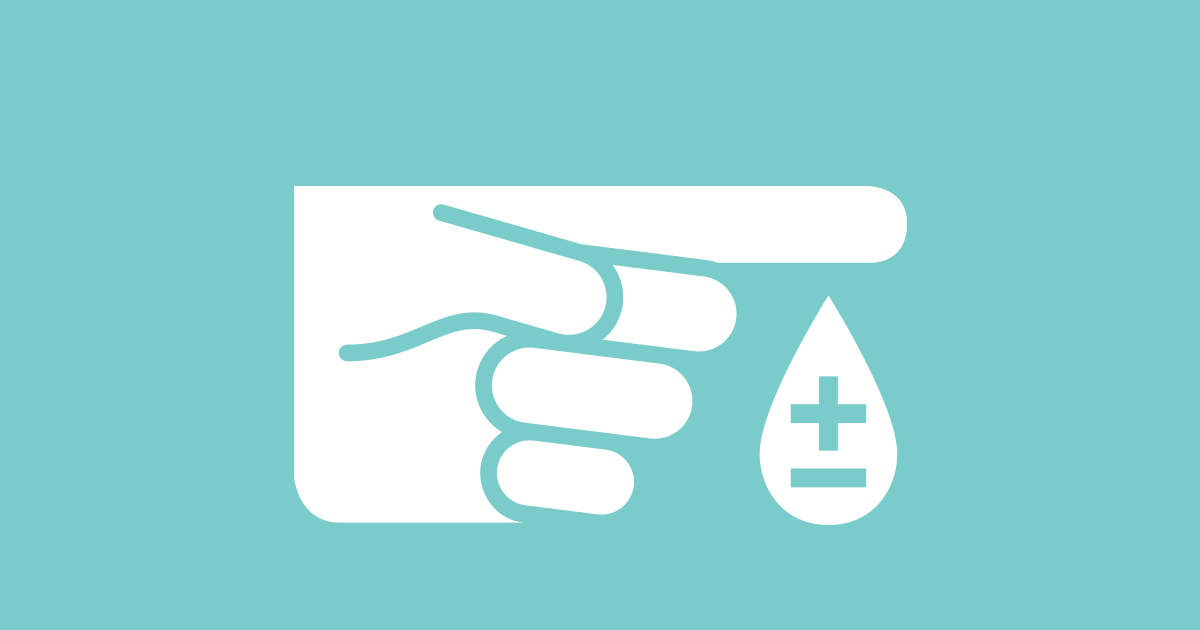It’s important to know that health insurance pays for most of your hospitalization expenses. However, it’s equally important to understand which diseases are covered under health insurance. Here’s a list of diseases covered by a general health insurance plan.
Please note: What’s covered & not covered can at times be different from plan to plan. It’s advisable to connect with an expert and understand your plan properly.





























Diabetes Mellitus, most commonly called diabetes, is a type of metabolic disease causing high blood sugar. Diabetes can lead to various complications like;
Malaria is caused when the infected anopheles mosquito bites you. When this infected mosquito bites, it releases the malaria causing parasite into your bloodstream. If not treated quickly, the infection can lead to severe complications causing;
Coronavirus disease also commonly known as COVID-19 is mainly caused by a virus called SARS-CoV-2. Most people getting infected by COVID-19 will experience mild or moderate symptoms. They can recover with simple treatment. However, people with pre-existing diseases or comorbidities will require serious medical attention. COVID-19’s complications include;
Dengue is caused when the infected mosquito bites you. The dengue virus is carried by a group of mosquitoes namely genus Aedes. If not treated quickly, the infection can lead to severe complications causing;
Vector-borne diseases are a set of infections that are caused when the infected arthropod species bite you. These infected insects include blackflies, sandflies, triatomine bugs, ticks & mosquitoes. Vector-borne diseases lead to further diseases like;
Tuberculosis, also called TB, is a life-threatening infectious disease. It mainly affects your lungs. The bacteria causing TB spreads from person to person via tiny infected droplets in the air, when a person sneezes or coughs. Tb can be fatal as the infection spreads throughout the lungs & other parts like;
Low blood pressure is when a person's blood pressure is many times lower than the normal range. Blood pressure which is in the normal range is considered to be around 120/80mmHg. Blood pressure that is 90/60 or lower is considered as low blood pressure. Low blood pressure can lead to complications like;
High blood pressure also called hypertension is when a person's blood pressure is consistently quite higher than the normal range. Blood pressure which is in the normal range is considered to be around 120/80mmHg. Blood pressure that is 140/90mmHg or higher is considered as high blood pressure. High blood pressure can lead to complications like;
A heart attack happens when one of your coronary arteries or multiple coronary arteries are blocked. These blockages happen due to fatty deposits caused by high cholesterol. The risk factors that can lead to a heart attack include;